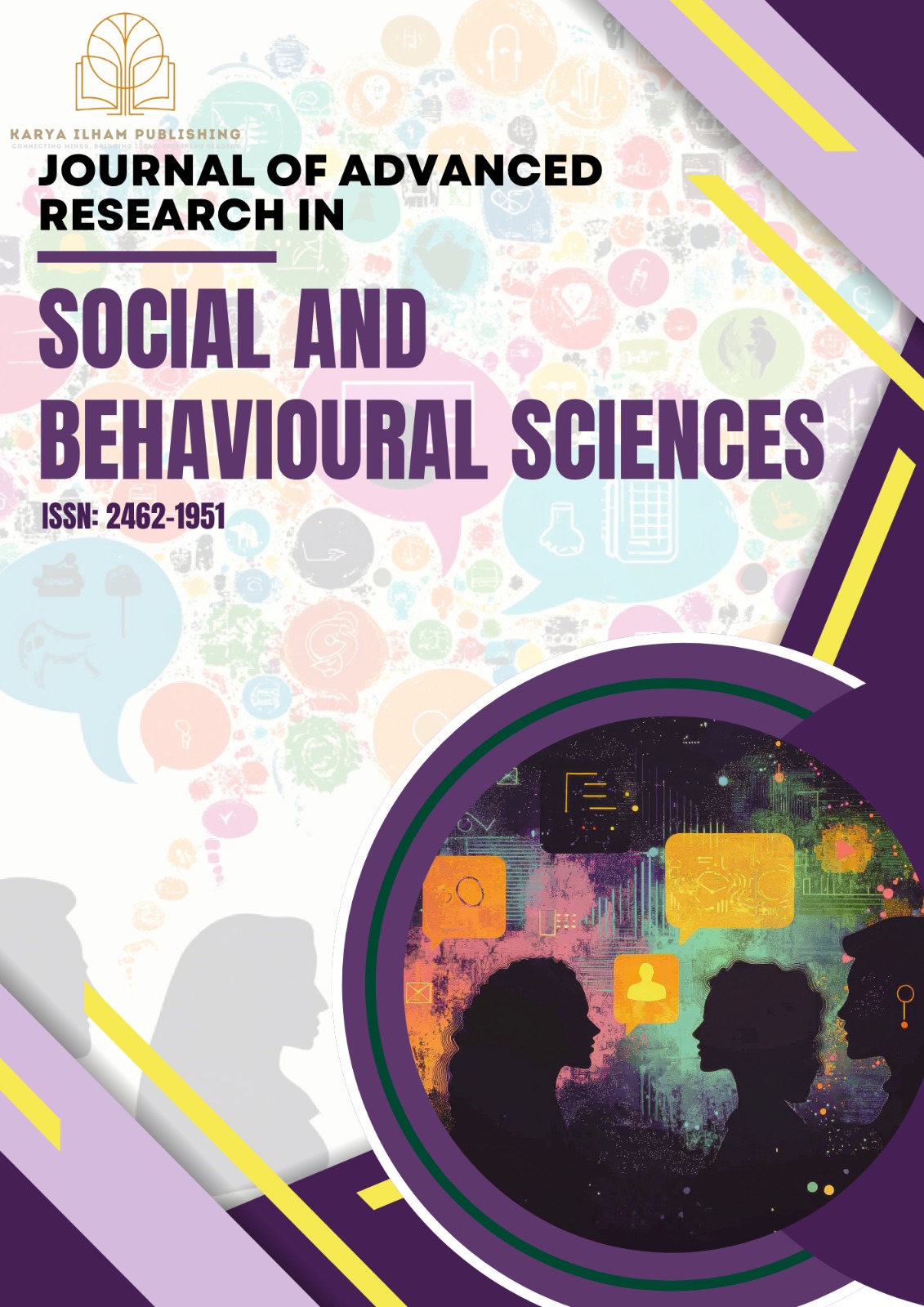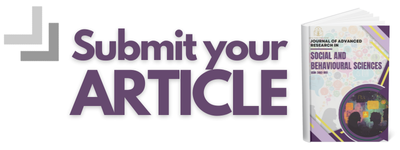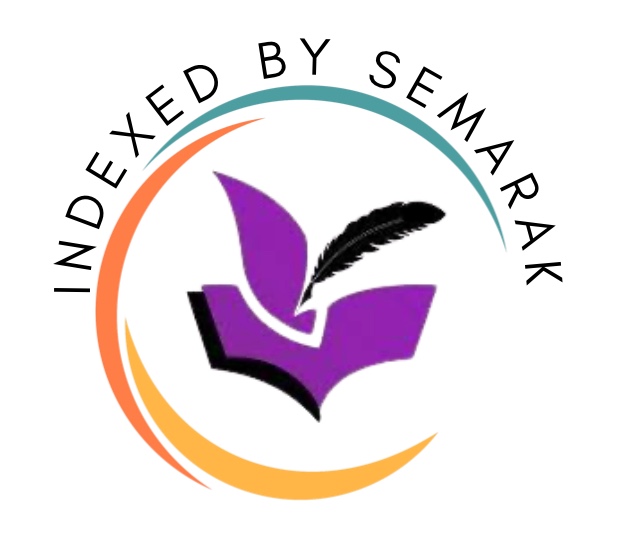Application of WhatsApp as an Alternative Online Distance Learning Platform in Learning Mandarin As A Foreign Language
DOI:
https://doi.org/10.37934/jasrsbs.39.1.7791Keywords:
WhatsApp, mobile learning, online distance learning, Mandarin as a foreign language, instructional toolAbstract
Online Distance Learning (ODL) plays a crucial role in higher education. Online learning tools such as Zoom, Microsoft Teams, and Google Meet have gained significant popularity in higher education due to their robust features designed for teaching, collaboration, and managing virtual classrooms. Nonetheless, ongoing issues like poor campus connectivity and constant disconnections continue to pose challenges. Regarding this matter, Mandarin as a foreign language (MFL) instructors at Universiti Teknologi MARA Penang branch (UiTMCPP) took the initiative to adopt mobile learning (m-learning) using WhatsApp as a viable alternative. It is believed that WhatsApp’s ease of access and stability can help overcome connectivity issues, leading to a more reliable ODL experience. Hence, this study aimed to investigate MFL students’ experiences, concerns, and perceptions regarding the use of WhatsApp as an alternative ODL platform in learning Mandarin. Interviews were conducted with 20 Degree and Diploma students, and the findings informed the development of a survey distributed to 250 (185 answered) Degree and Diploma students at UiTMCPP, who are taking MFL courses. Results show that WhatsApp is ideal for low internet speeds and high user coverage, cost saving, and user-friendly. However, the suitability of WhatsApp for conducting evaluations requires further investigation within the given context. There are also several concerns need to be considered such as prone to distractions and demands careful early lesson planning. This study highlights the implication of using WhatsApp as an alternative tool for MFL ODL while emphasising that success relies on active collaboration between students and instructors beyond platform choice.
















